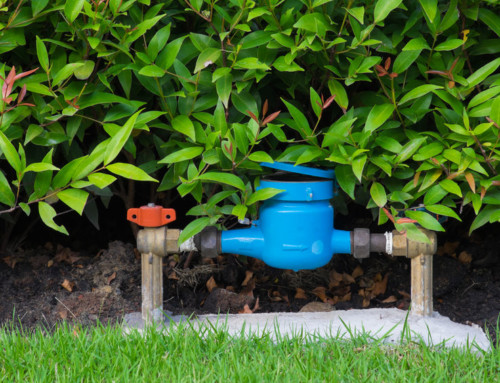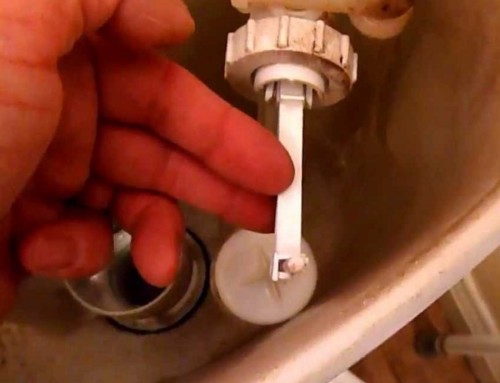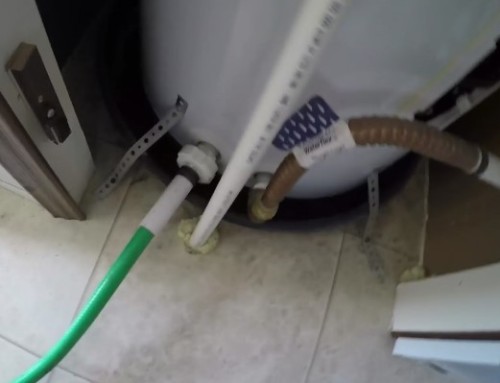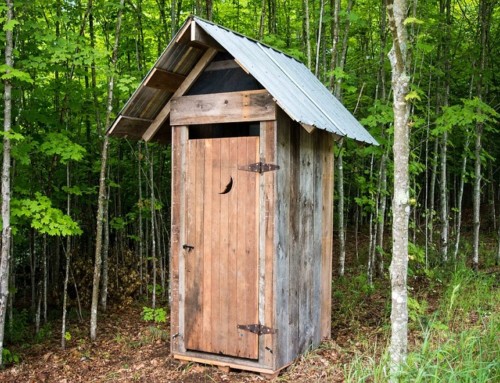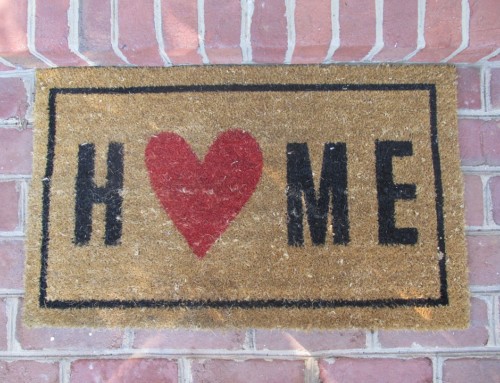At first glance, ‘flushable’ wet wipes should be easily flushed down the toilet, disintegrate in water and be whisked away, causing no problems to the sewage system. In reality however, these ‘flushable’ wet wipes are far from innocent, blocking plumbing and sewer pipes and causing overflows into local creeks and rivers.
If you aren’t convinced about the problems with these ‘flushable’ wipes, then consider that this year the Federal Courts in Australia fined Pental (the manufacturers of the White King ‘flushable’ wipes) $700,000 for false and misleading statements. Specifically, Pental stated that their White King wet wipes were ‘flushable’, and designed from a material that disintegrated like toilet paper in the sewage system when in fact, the opposite was true.
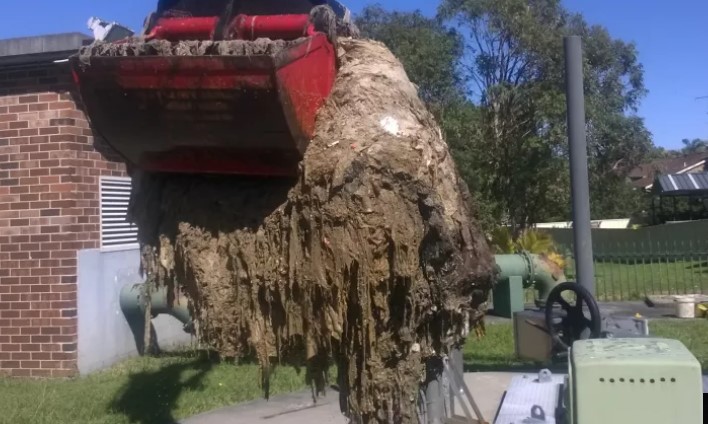 Sydney Water workers cleaning out a blockage of wet wipes.
Sydney Water workers cleaning out a blockage of wet wipes.
The ACCC are also taking Kimberley-Clark to the courts concerning a similar issue with their ‘flushable’ wipes, so this isn’t an isolated problem. However even when the word ‘flushable’ is removed from all of these items, the problem remains that consumers may still believe that they are ‘flushable’, perpetuating the problem and blocking sewage systems.
Why are ‘flushable’ wipes so popular?
So-called ‘flushable’ wipes include baby wipes, bathroom wipes, face wipes and makeup remover wipes, which from a practical point of view are great products, delivering what they promise – quick and easy removal of makeup, clean bottoms (babies and adults!) and clean glass and floors. Wet wipes simply save us time and effort, as well as appearing to be more hygienic than their alternates, such as dirty mops, face washers and even toilet paper. The issue is that they do not disintegrate in water and will block your plumbing and sewage systems.
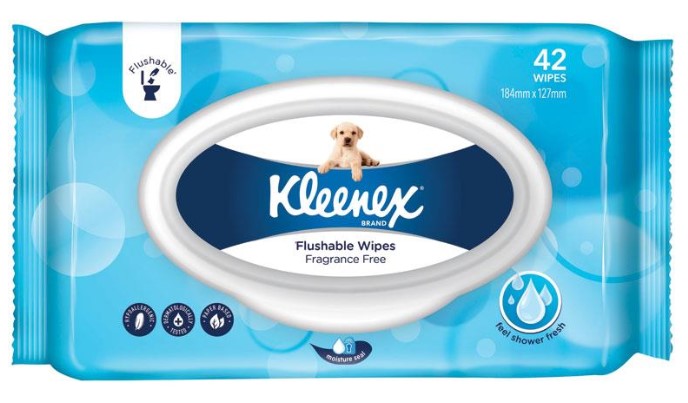
Damage caused by ‘flushable’ wipes
Plumbers all over Australia spend an increasing amount of their time removing blockages from residential sewage pipes, blockages that are caused by wet wipes. It’s not unusual to hand over a bill for $1000 to clean up these blocked pipes and it can sky rocket when the pipes burst and raw sewage and wet wipes cover your backyard.
If these blockages aren’t removed properly from the sewage systems, they can cause sewage to overflow into creeks and rivers with wet wipes getting tangled in mangroves and tree branches. This is not only a health hazard, but it’s an environmental disaster and is costing everyone a fortune! For example, Queensland Urban Utilities spend more than $2.5 million cleaning blockages that are mainly due to wet wipes, Newcastle workers removed a single blockage weighing 1000kg mainly composed of wet wipes and Yarra Valley Water has spent more than $225,000 removing similar blockages.
What can you do?
Stop flushing any type of ‘flushable’ wet wipes down the toilet. It’s as simple as that! Just because the packaging might say that it’s flushable, wet wipes should not be flushed down the toilet, because they do not disintegrate like toilet paper, instead they block your pipes. In fact, don’t flush anything but toilet paper down the toilet and that includes nappies, female hygiene products, sanitary items, food, cotton buds, dental floss and the list goes on.
Plumbers do all they can to keep their costs down, but the time and effort involved in removing these entrenched blockages can put many households over the edge. So if it’s not poo, pee or toilet paper, don’t flush it!
For help with your blocked pipes, call Red Dog Plumbing on 0418 532 134 or send us an email.


